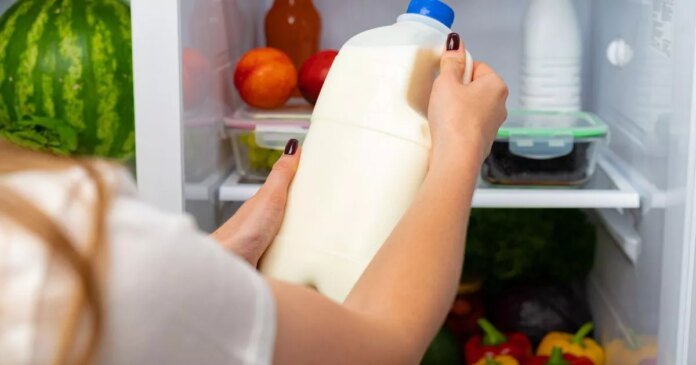Food expenses can quickly add up each month, but there are ways to manage and reduce costs. Understanding the difference between ‘sell by’ and ‘use by’ dates is crucial. While ‘sell by’ indicates when an item should be sold by, ‘use by’ signifies the last safe date for consumption. Supermarkets often mark down yellow-stickered items for quick sale or even give them away for free at the end of the day to combat food waste.
To avoid wasting fresh food with a ‘use by’ date, consider investing in reusable freezer boxes to store leftovers or meal preps. Freezing unused portions before the expiration date can help extend their shelf life. Additionally, pickling vegetables is a simple and effective preservation method. Fresh pickles can last up to five days, while preserved pickles can be kept for up to a year using proper canning techniques.
Sharing excess food with friends or organizing an ‘end of the month dinner’ where everyone contributes items nearing expiration can help reduce waste and save money. Planning meals in advance and being strategic about where to shop can also make a significant impact on your grocery budget. Utilizing meal planning apps can aid in creating shopping lists and designing meals to minimize waste.
By implementing these strategies, you can effectively manage your grocery budget and reduce food waste, ultimately saving money while enjoying fresh and delicious meals.

